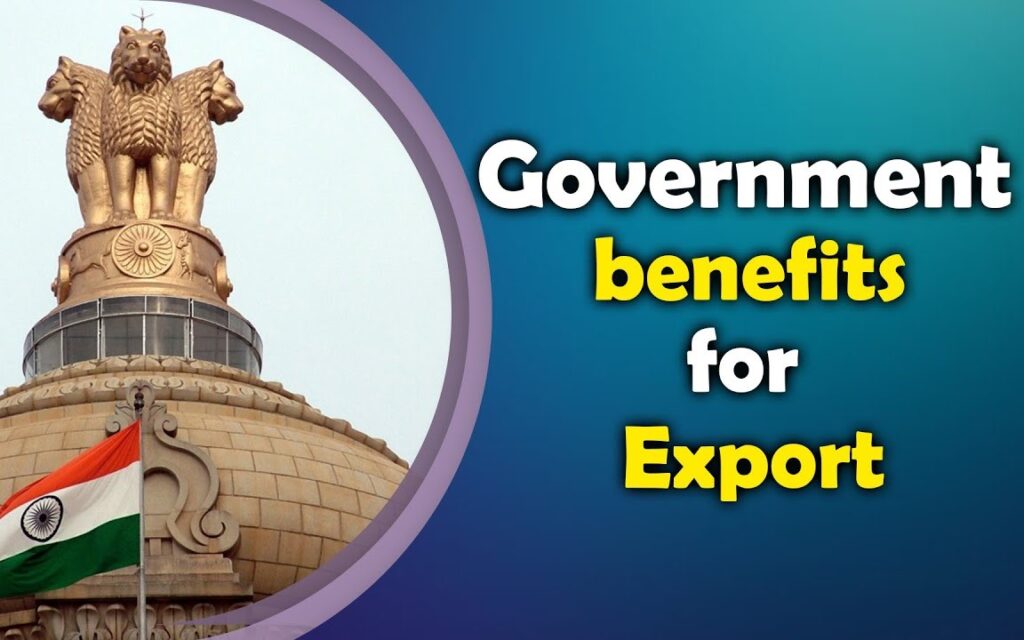Export Subsidies: Governments may provide direct financial incentives or subsidies to exporters. These can include cash grants, tax rebates, or reduced interest rates on loans specifically targeted at promoting exports.
Export Credit Insurance: Governments often offer export credit insurance programs to protect exporters against the risk of non-payment by foreign buyers. This encourages exporters to engage in international trade by minimizing their financial risks.
Export Financing: Export businesses may receive favorable financing terms through government-backed programs. These can include low-interest loans, credit guarantees, and export financing schemes to help businesses secure working capital for their international operations.
Trade Missions and Exhibitions Support: Governments may organize or sponsor trade missions, international exhibitions, and trade fairs to help businesses connect with potential buyers and partners abroad. This can provide opportunities to showcase products and services on a global stage.
Customs and Tariff Benefits: Governments may reduce or eliminate customs duties and tariffs on certain products meant for export. This reduces the cost of exporting and makes the products more competitive in international markets.
Research and Development (R&D) Incentives: Some governments offer R&D tax credits or grants to companies that develop products with export potential. This encourages innovation and enhances a company’s ability to compete globally.
Export-Related Training and Education: Governments might provide training programs, workshops, and resources to help businesses understand international trade regulations, market trends, and export procedures.
Trade Agreements and Preferential Treaties: Many countries enter into trade agreements that provide preferential treatment to goods and services originating from partner countries. This can lead to reduced tariffs or other benefits for exporters.
Export Promotion Agencies: Governments often establish agencies dedicated to promoting exports and supporting businesses in their international endeavors. These agencies can offer a range of services, including market research, trade information, and assistance in finding foreign buyers.
Special Economic Zones (SEZs) and Free Trade Zones: Some governments create designated zones with special regulations, tax incentives, and streamlined customs procedures to attract export-oriented industries. These zones can provide a conducive environment for manufacturing and exporting.
It’s important to note that the availability and specifics of these benefits can vary based on factors such as the country’s economic policies, trade agreements, and the nature of the export business. Exporters should consult with relevant government agencies or trade associations to learn about the specific benefits and incentives available to them.



